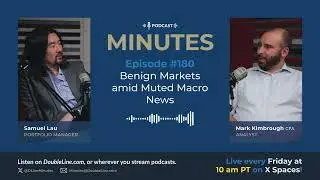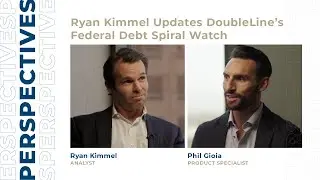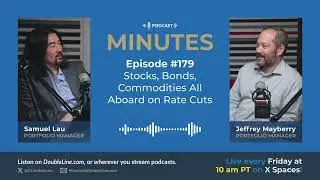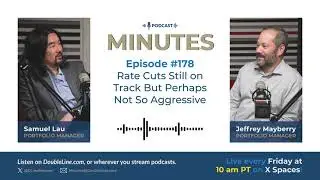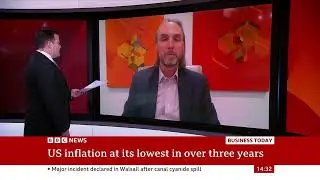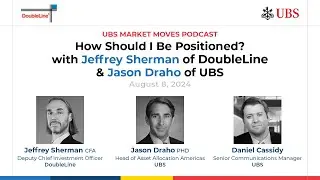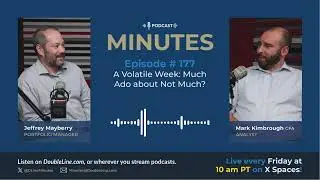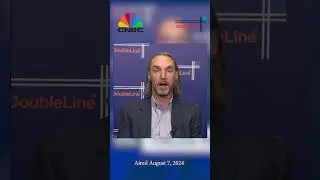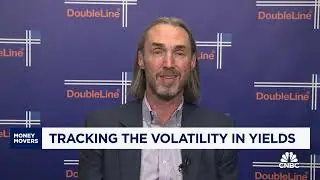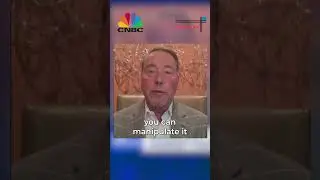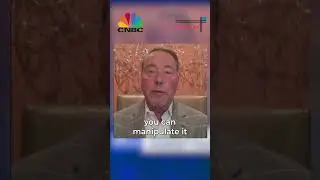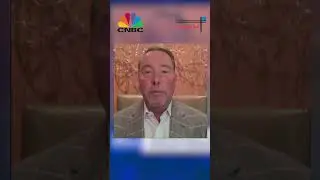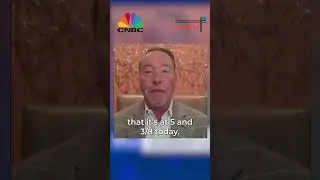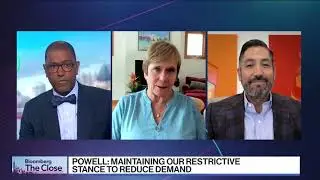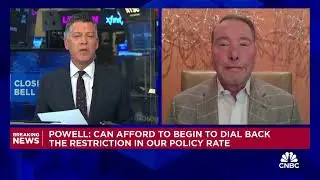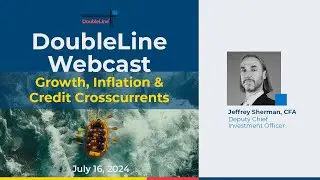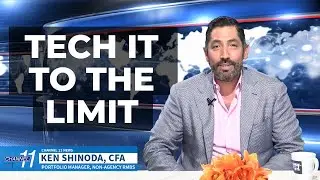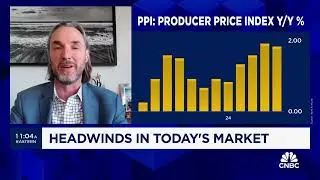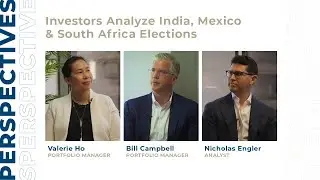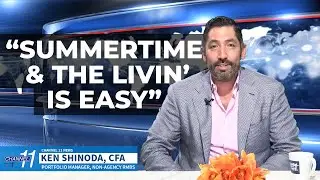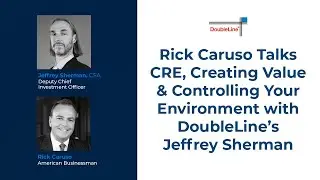Channel 11: Jeffrey Gundlach on 2023, 2024 and the Federal Deficit Dilemma
With DoubleLine Portfolio Manager Ken Shinoda, DoubleLine CEO Jeffrey Gundlach reviews the surprises of 2023; shares macro, market and political scenarios for 2024; and favors a mix of low-risk, low-duration credit at attractive yields with U.S. Treasuries. The discussion occurred Nov. 11, 2023.
Mr. Gundlach discusses the most-surprising market outcomes (0:15) of 2023, including the Magnificent Seven stock market rally; hot, credit card-financed consumer spending on services; and weak oil prices despite war in Ukraine-Russia and the Middle East. In memory of the noted forecaster Byron Wien, who passed away at 90 in October, Mr. Shinoda next asks (3:42) Mr. Gundlach what least-expected things might happen in 2024. Among these, Mr. Gundlach predicts President Biden will not be nominated for re-election and, reiterating a scenario he has raised since 2018, the choice of the winner of “the 2024 election just might go to the House of Representatives.” While Mr. Gundlach foresees (5:42) an initial “Pavlovian” decline in interest rates in response to recession that he believes will come in 2024, he raises the question about where interest rates move if the government does not address the $2 trillion federal deficit.
Asked by Mr. Shinoda (9:56) for his “favorite investment setup” going into 2024, Mr. Gundlach dislikes the “T-bill and chill” trade because he anticipates rate cuts by the Federal Reserve on the back of recession. Instead, he prefers high-grade credit with duration of two to three years. Mr. Gundlach describes ways to mix different types of credit, including parts of the commercial mortgage-backed securities market and BB bank loans, to achieve attractive overall yields with very low default risk. After being negative on emerging markets (EM) debt for the past 18 months, he is starting to look (12:56) at that sector. Timing to raise exposure to EM, he says, would be around a weakening of the U.S. dollar as the economy enters recession. He advises matching credit holdings with government securities such as the five-year Treasury to protect against downside. With that portfolio mix, he notes, “you can get something that looks very well paired to handle volatility of interest rates, volatility of credit risk, and still get something that I believe will outperform most non-fixed income investments.”
On investments to avoid (14:36), Mr. Gundlach singles out CCC bank loans due to their default risk. Bringing up one of the most “powerful” ideas to command his attention, Mr. Gundlach explains that investors’ assumptions about market and economic relationship are grounded in a 40-year era of falling interest rates. That backdrop, he believes, “is no longer in play.” If so, investors must rethink markets. Among other implications, he says, assumptions of price-to-earnings ratios on stocks are too high. “If rates are going to go up and the economy is going to weaken, or those things happen sequentially or simultaneously, what are we doing with a trailing P/E that’s in the 20s, especially in these high flyers?”
Mr. Gundlach concludes (18:35) with a warning that the Federal Reserve’s hawkish “higher-for-longer” drumbeating on policy rates poses a “big problem” for federal finances. In under such a scenario and even assuming no recessions, “with 50% of the Treasury debt rolling off in the next 36 months, five years from now, 50% of all tax receipts would go to interest expense.” He also notes that the trustees of the Social Security Administration “themselves acknowledge at this point that absent a recession, they’re out of money in about seven years from now. We know there’s going to be a recession in the next seven years.”







![[PLANESPOTTING ON A FOGGY DAY!] - Takeoffs & landings at Cologne Bonn Airport -](https://images.videosashka.com/watch/drfxT10itBE)
